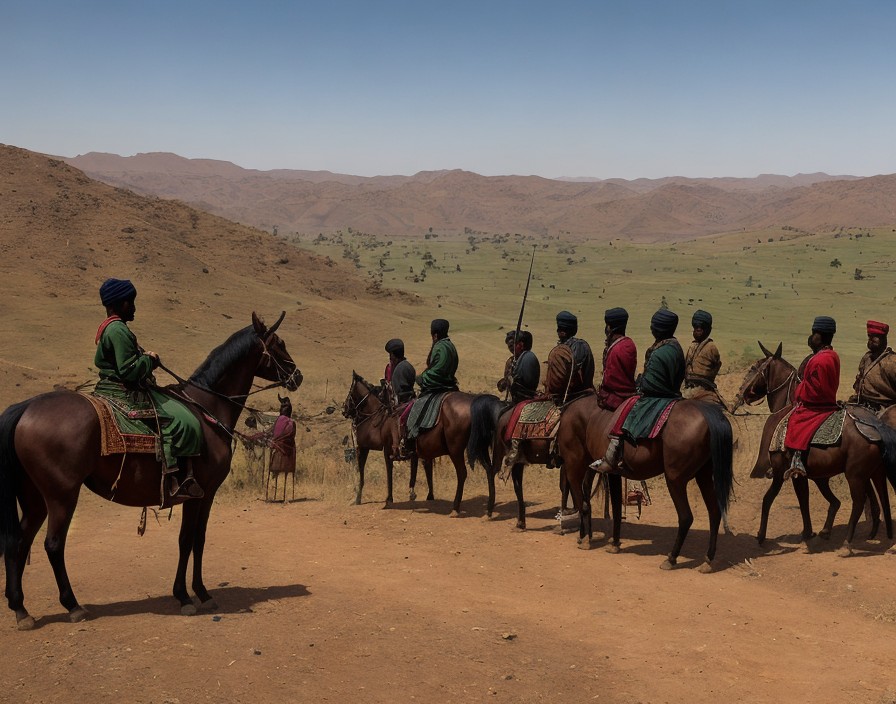Today in African History: June 28
1. Establishment of the International Criminal Tribunal for Rwanda (1994)

On June 28, 1994, the United Nations Security Council passed Resolution 935, which laid the groundwork for the establishment of the International Criminal Tribunal for Rwanda (ICTR). The tribunal was created in response to the Rwandan genocide that occurred earlier that year, where an estimated 800,000 Tutsis and moderate Hutus were brutally murdered over the span of approximately 100 days. The ICTR, based in Arusha, Tanzania, was mandated to prosecute those responsible for genocide and other serious violations of international humanitarian law. Over its two-decade tenure, the ICTR played a crucial role in delivering justice, ending impunity, and setting a precedent for international criminal law.
2. Independence of Seychelles (1976)
p

On June 28, 1976, Seychelles, an archipelago in the Indian Ocean, gained independence from British colonial rule. The journey to independence was relatively peaceful, with the formation of the Seychelles Democratic Party (SDP) led by Sir James Mancham, who became the first President, and the Seychelles People’s United Party (SPUP) led by France-Albert René. Seychelles’ independence marked the end of nearly 200 years of British control, and it became a member of the Commonwealth. The nation has since developed into a stable, prosperous country with a high Human Development Index, largely driven by tourism and fisheries.
3. Birth of Peter Abrahams (1919)
On June 28, 1919, renowned South African writer Peter Abrahams was born in Vrededorp, Johannesburg. Abrahams is best known for his novels and autobiographical works that explore themes of apartheid, racism, and social injustice in South Africa. His seminal works, such as “Mine Boy” (1946) and “Tell Freedom” (1954), are considered classics of South African literature. Abrahams’ writings provided a powerful critique of the systemic oppression faced by black South Africans and were instrumental in bringing international attention to the struggles against apartheid. He later moved to Jamaica, where he continued his literary career until his death in 2017.
4. Battle of Adwa: Preparation (1896)

On June 28, 1896, Emperor Menelik II of Ethiopia and his forces were deep in preparation for the Battle of Adwa, a pivotal conflict against Italian colonial forces. This battle, which took place later in March 1896, is one of the most significant events in African history, as it resulted in a decisive Ethiopian victory that preserved the nation’s independence and became a symbol of anti-colonial resistance across the continent. The victory at Adwa had a lasting impact on Ethiopian identity and pride and remains a key moment of celebration in Ethiopian history.
Conclusion
June 28 holds a significant place in African history, marking milestones of independence, justice, and cultural heritage. From the establishment of the ICTR to the independence of Seychelles, the birth of literary icons, and the preparations for monumental battles, this date encapsulates the resilience and richness of African history. As we reflect on these events, we honor the progress and contributions that have shaped the continent’s journey.
